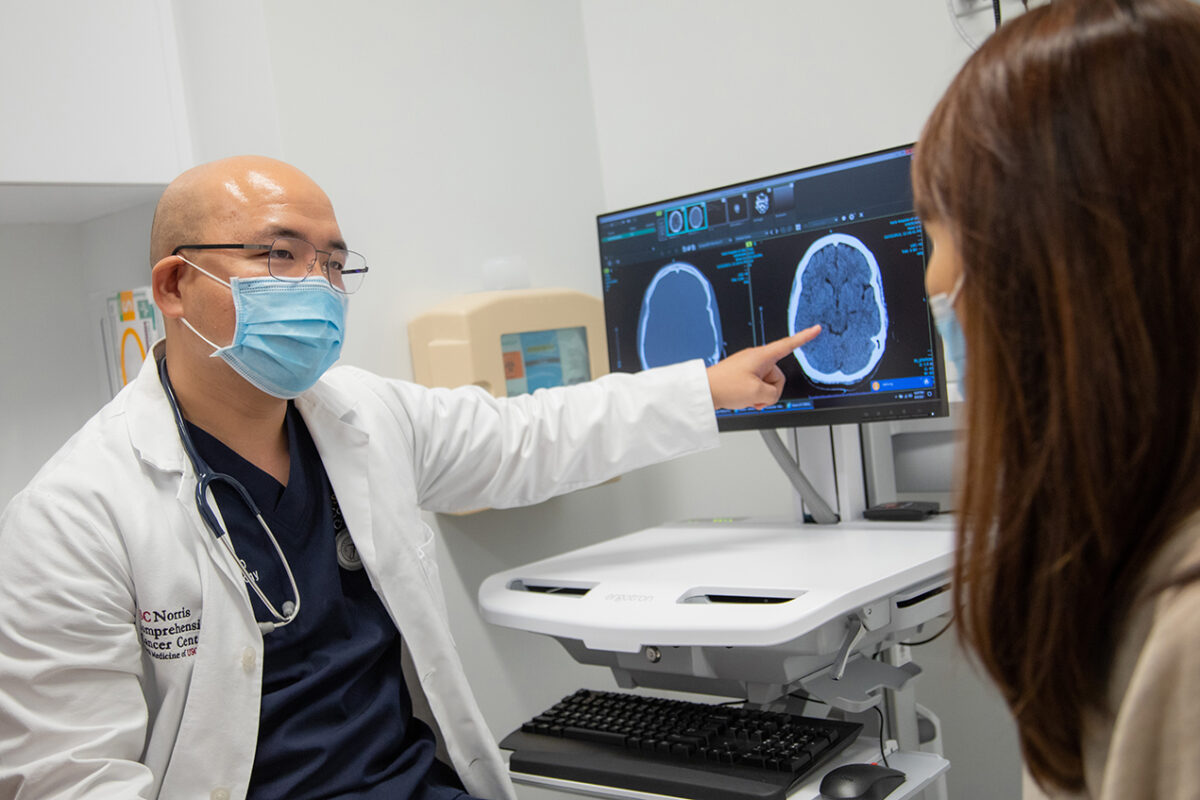Blog
The Role of Cancer Clinical Trials in Advancing Treatment Options

Cancer clinical trials represent the cornerstone of medical advancement in oncology, serving as the critical bridge between laboratory discoveries and life-saving treatments for patients worldwide. These carefully designed research studies evaluate new approaches to preventing, detecting, and treating various forms of cancer, ultimately determining which therapies will become the standard of care for future patients.
The landscape of cancer treatment has undergone a dramatic transformation through clinical trials, with breakthrough therapies emerging from rigorous testing phases. For instance, innovative treatments like Pomalyst (pomalidomide) and Lenvatinib (Lenvima) have revolutionized care for multiple myeloma and various solid tumors, respectively. However, understanding Pomalyst pomalidomide cost and Lenvatinib Lenvima cost remains crucial for patients considering these treatments, as clinical trials help establish not only efficacy and safety profiles but also treatment accessibility pathways.
Traditional Treatment vs. Clinical Trial Participation

Aspect
Traditional Treatment
Clinical Trial Participation
Treatment Access
Standard FDA-approved therapies
Experimental treatments plus standard care
Cost Structure
Insurance coverage varies; potential out-of-pocket expenses
Often provided at no cost with additional monitoring covered
Medical Monitoring
Routine follow-up appointments
Intensive monitoring with frequent assessments
Treatment Customization
Protocol-based but adaptable
Strictly regulated protocol adherence
Scientific Contribution
Individual treatment focus
Advancing knowledge for future patients
Understanding Cancer Clinical Trials in Modern Healthcare

Cancer clinical trials form the foundation of evidence-based oncology care, transforming how medical professionals approach cancer treatment. These structured research studies follow rigorous scientific protocols to evaluate new therapeutic approaches while maintaining the highest safety standards for patient participants.
What Makes Clinical Trials Essential:
Testing innovative treatment combinations and protocols
Establishing safety profiles for experimental therapies
Determining optimal dosing strategies for new medications
Evaluating long-term effectiveness compared to standard treatments
The scientific methodology behind these trials ensures that only the most promising treatments advance through development phases, ultimately reaching patients who need them most.
The Four Critical Phases of Cancer Clinical Trials
Phase I: Safety and Dosage Determination
Phase I trials focus primarily on establishing treatment safety parameters and determining appropriate dosage levels. These studies typically involve 20-100 participants and represent the first step in human testing for experimental cancer treatments.
Key objectives include identifying maximum tolerated doses, documenting side effects, and establishing baseline safety data that guides future trial phases.
Phase II: Efficacy Assessment and Biomarker Analysis
Building on Phase I safety data, Phase II trials evaluate treatment effectiveness while continuing safety monitoring. These studies involve 100-300 participants and focus on determining whether new treatments demonstrate sufficient anti-cancer activity to warrant larger-scale testing.
Researchers also identify biomarkers that may predict treatment response, enabling more personalized therapy approaches.
Phase III: Comparative Effectiveness Research
Phase III represents the most comprehensive trial phase, comparing new treatments directly against current standard care options. These large-scale studies involve 300-3,000 participants and provide definitive evidence about treatment effectiveness.
Critical Phase III Components:
Randomized controlled trial design ensuring unbiased results
Statistical analysis determining clinical significance
Long-term safety monitoring and adverse event documentation
Quality of life assessments and functional outcome measures
Phase IV: Post-Market Surveillance and Optimization
Following treatment approval, Phase IV trials monitor long-term safety and effectiveness in broader patient populations. These studies identify rare side effects and optimize treatment protocols based on real-world usage patterns.
Types of Cancer Clinical Trials Advancing Patient CareTreatment-Focused Clinical Trials
Modern treatment trials encompass various therapeutic approaches including targeted therapy studies, immunotherapy research, and combination treatment protocols. These trials evaluate how different therapeutic modalities work together to improve patient outcomes.
Breakthrough treatments emerging from these trials have revolutionized cancer care, though accessibility often depends on factors including insurance coverage and regional availability.
Prevention and Early Detection Research
Prevention trials focus on reducing cancer risk through lifestyle interventions, screening improvements, and protective therapies. These studies are particularly valuable for individuals with elevated cancer risk due to genetic factors or environmental exposures.
Supportive Care and Quality of Life Studies
Supportive care trials address symptom management, psychological support, and survivorship issues that significantly impact patient well-being throughout the treatment and recovery phases.
Benefits and Considerations for Clinical Trial Participation
Primary Advantages of Trial Participation:
Access to cutting-edge treatments before general availability
Comprehensive medical monitoring and specialized care
Contribution to advancing cancer treatment for future patients
Potential cost savings through study-sponsored treatment coverage
Important Considerations:
Eligibility requirements may be restrictive based on specific medical criteria
Unknown risks associated with experimental treatments
Additional time commitments for monitoring and documentation
Potential for receiving placebo treatment in randomized studies
Healthcare providers at Primary One Health work closely with patients to evaluate clinical trial opportunities that align with individual treatment goals and medical circumstances.
The Future of Cancer Clinical TrialsPersonalized Medicine and Precision Oncology
Emerging trial designs increasingly focus on matching treatments to specific genetic markers and individual patient characteristics. This personalized approach promises more effective treatments with fewer side effects.
Innovative Trial Methodologies
Modern clinical trials incorporate adaptive designs, virtual monitoring capabilities, and patient-reported outcome measures that streamline the research process while maintaining scientific rigor.
Expanding Access and Inclusivity. Contemporary trials prioritize diverse participant recruitment, ensuring research findings apply broadly across different populations and geographic regions.
Conclusion
Cancer clinical trials continue serving as the driving force behind revolutionary advances in cancer treatment, offering hope to millions of patients worldwide while systematically building the evidence base for tomorrow’s standard therapies. Through rigorous scientific methodology and unwavering commitment to patient safety, these trials have transformed cancer from a universally fatal diagnosis to a manageable condition for many patients.
The journey from experimental treatment to accessible therapy requires participation from dedicated patients, researchers, and supportive healthcare systems working together toward common goals. As innovative technologies and trial designs accelerate discovery while improving accessibility, patients considering clinical trial participation make both personal treatment choices and contributions to advancing cancer care for future generations.
